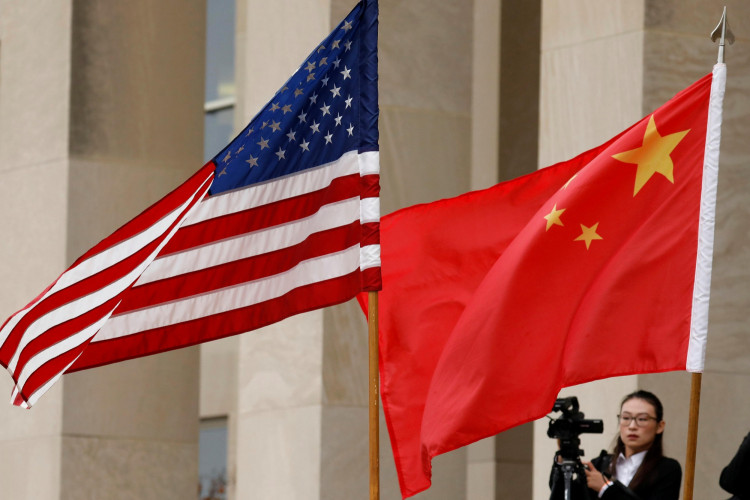Following a series of expulsions by both governments during heightened tensions last year, the United States and China have agreed to reduce Trump-era visa restrictions for journalists on a reciprocal basis, a State Department official .
The deal was struck ahead of Tuesday's virtual summit between Chinese President Xi Jinping and U.S. President Joe Biden, the official China Daily newspaper reported.
It's a small but significant step forward in a dispute that figured prominently in the overall escalation of tensions between the U.S. and China at the end of Trump's presidency.
According to China Daily, the U.S. will offer Chinese media employees one-year multiple-entry visas and will immediately begin a procedure to address "duration of status" issues.
Once the U.S. policies take effect, China will treat American journalists equally, and both sides would award media visas for new applicants "in accordance with applicable laws and regulations." "According to the report,
"In recent months, we've pressed the People's Republic of China on certain bilateral matters where we've met lengthy barriers and had ongoing concerns," a State Department representative said.
The U.S. State Department announced in a statement to The Associated Press late Tuesday that China had agreed to issue visas to a group of American journalists "if they are eligible under all applicable laws and procedures."
"We will continue to provide visas to (Chinese) journalists who are otherwise eligible under U.S. law," a statement said.
China has also agreed to extend the validity of U.S. media visas from the current 90 days to one year.
"In exchange, we agree to extend the validity of U.S. visas awarded to PRC journalists to one year," the statement from the State Department disclosed.
The U.S. classified Chinese state media groups as "foreign missions" in February of last year, allowing for stronger supervision over them.
Five media outlets, including the Xinhua news agency and the China Global Television Network, were warned they would have to seek approval before purchasing any property and would have to submit lists of all personnel, a move China denounced as "politically driven tyranny."
"More than a year of arduous negotiations over the status of media outlets in both nations" led to the new accord," China Daily said.
"It is hoped that more good news would be forthcoming for the two nations' media outlets as a result of increased China-U.S. collaboration," the report said.





